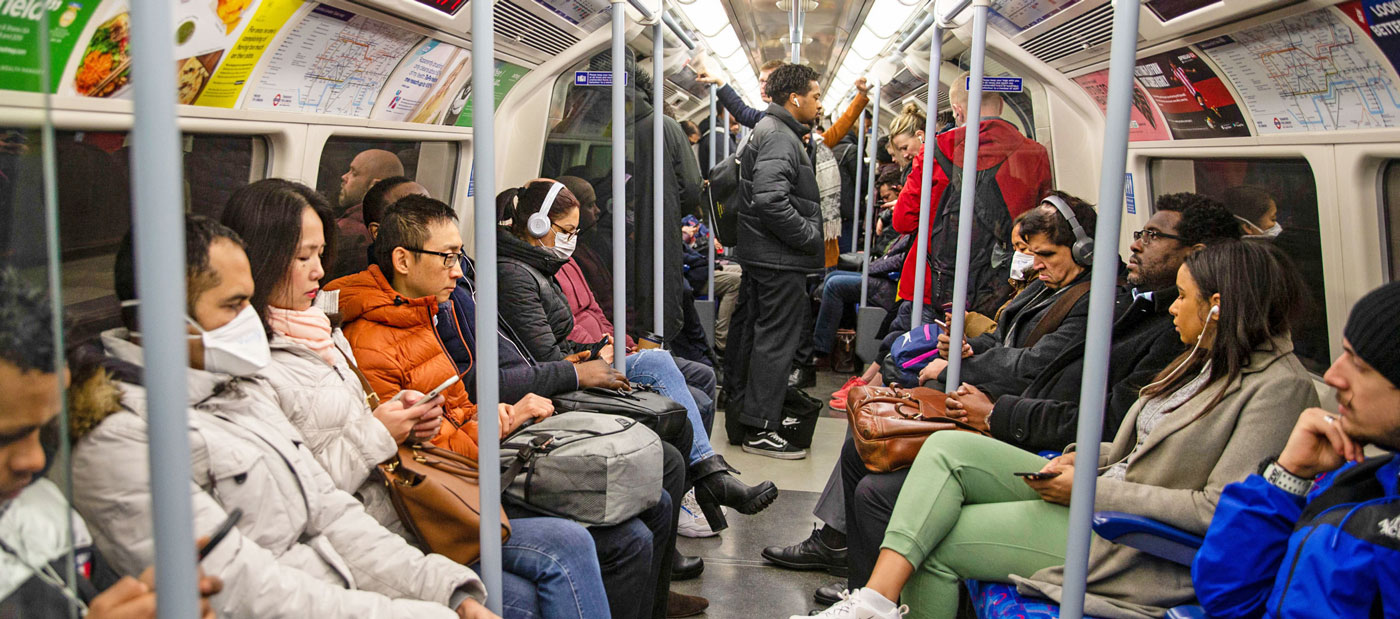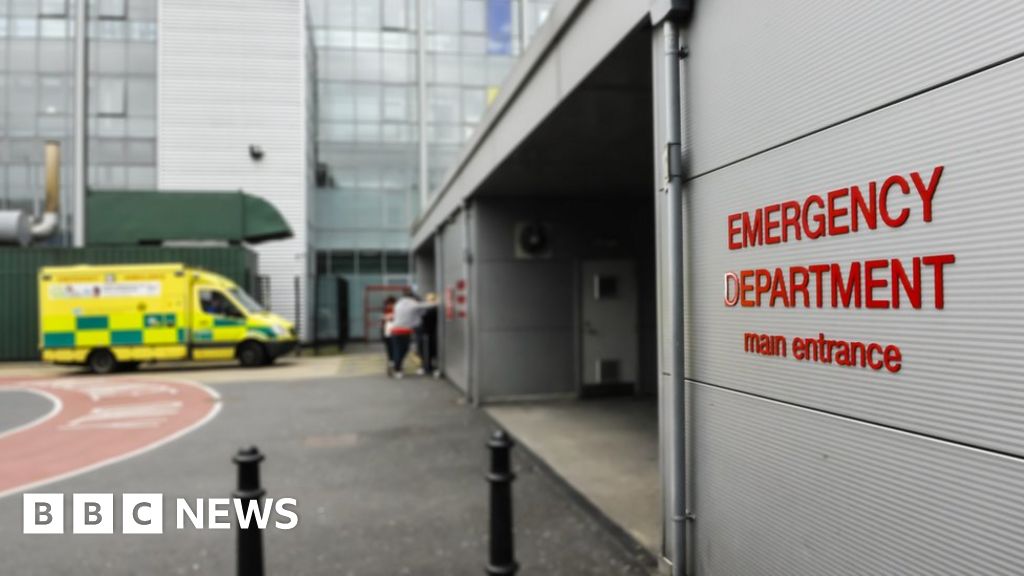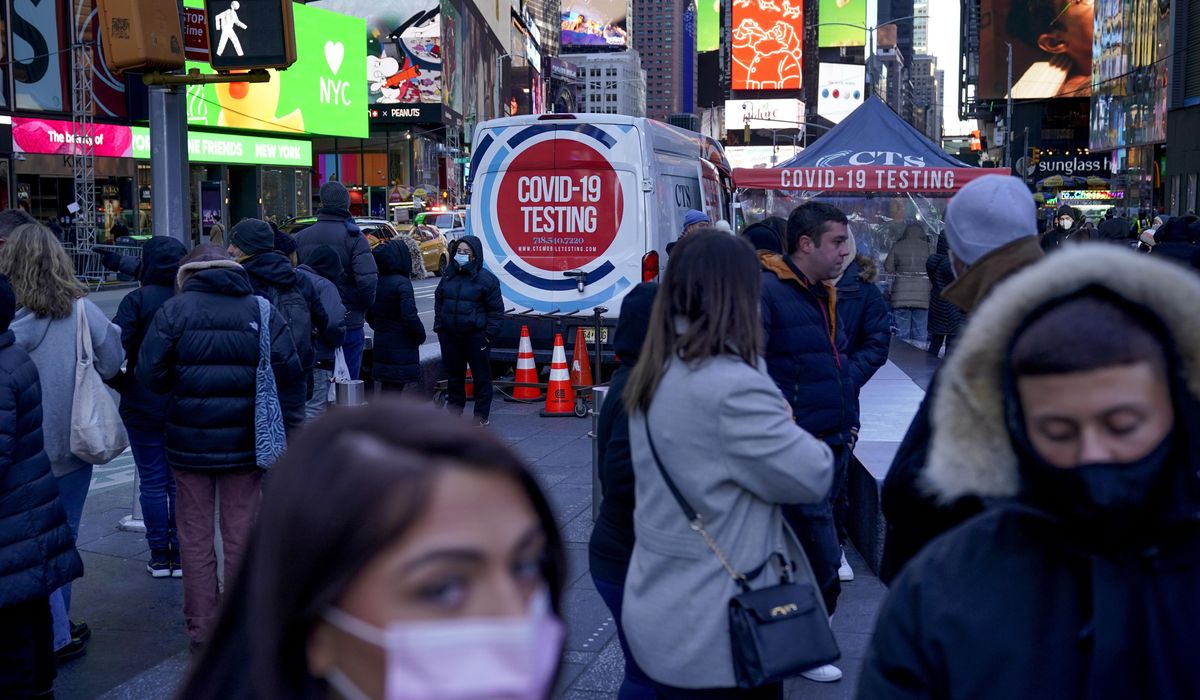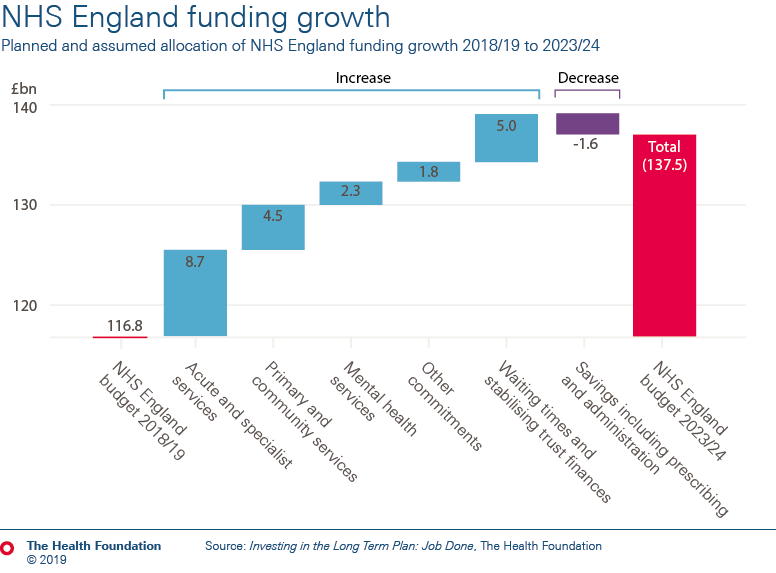
Government: lockdowns hurt minority groups most
After a 15-month long battle, the Government has finally released reports on the effect of Covid restrictions on minority groups. The results make for predictably grim reading. Overall, they describe a catalogue of harms from March to June last year, which disproportionately affected the most...
After a 15-month long battle, the Government has finally released reports on the effect of Covid restrictions on minority groups. The results make for predictably grim reading.
Overall, they describe a catalogue of harms from March to June last year, which disproportionately affected the most vulnerable. The documents state that LGBT+ groups, women (including pregnant women), the poor, young and old, ethnic minorities, and disabled people have all been the most negatively affected by lockdowns and restrictions...
(The document to which this article refers, from May 2020 which has now been released, can be found at https://assets.publishing.service.g...achment_data/file/1036153/6_May_2020_PSED.pdf )...It remains to be seen whether there was “no alternative” to such restrictions, which ended up having such a negative impact on the vulnerable. As the Covid restrictions were passed via emergency legislation, they were subjected to little parliamentary scrutiny. Perhaps the sheer amount of collateral damage that the government has since tried to hide serves as a reminder of the need to remember the impact of policies, first and foremost, on the most vulnerable.
I suspect if further analysis was done now, the results would be even more damning as we would also see longer term harms caused by lockdown measures, school closures etc.
Make no mistake: lockdown measures and many other restrictions have very disproportionate effects. Yes, some wealthier people are harmed by lockdowns but not to anywhere near the extent that less advantaged people are.
Of course none of this is a surprise, but it is perhaps surprising that the Government had access to this knowledge back in May 2020 and yet schools still did not reopen fully until September 2020, and we had two further lockdowns, including an extended school closure period.
But it's not just a case of blaming the Government; they were egged on by many pro-restriction fanatics including Labour party members and supporters. Indeed Labour often complained the Government did not lock down enough!
It is also shocking that the Labour party continues to call for harsher restrictions, including lockdowns, even now, when they must also be aware of the harms that they cause to groups they purport to represent. I am sure I am not alone in feeling a sense of betrayal by Labour.



